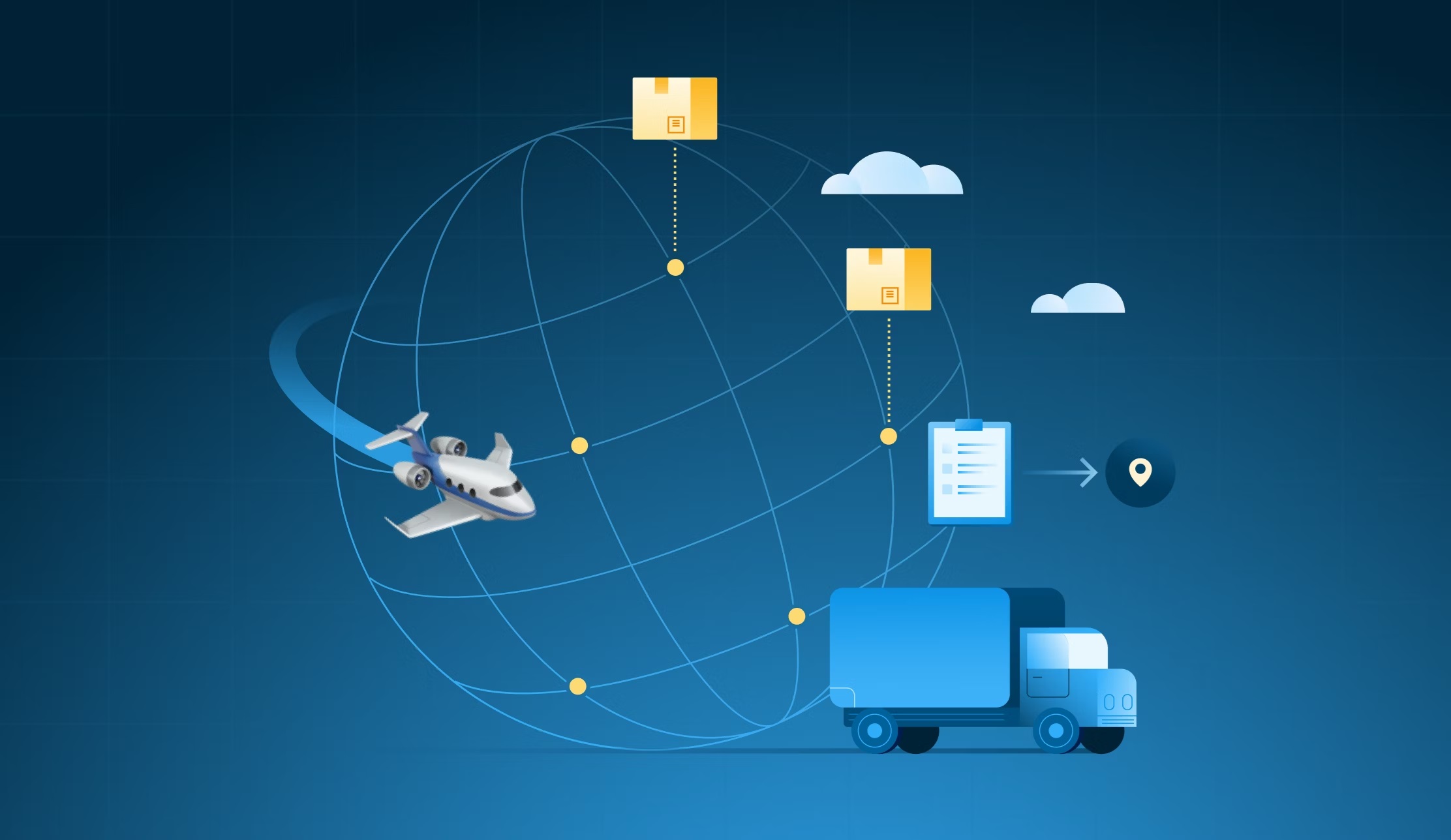Human Resource (HR) services are essential to the operational success of any business. Over the years, HR functions have evolved from administrative tasks to strategic business functions. Today, HR departments or external HR services providers play an instrumental role in aligning a company’s human capital with its broader business objectives. From recruitment to employee engagement, these services create a framework that helps businesses maximize productivity, improve employee satisfaction, ensure legal compliance, and foster a positive company culture. In an era of rapidly changing business environments, HR services help organizations remain agile, compliant with labor laws, and focused on long-term success.
For businesses of all sizes—whether a startup, an SME, or a large corporation—HR services provide the expertise to navigate complex employee relations, manage talent efficiently, and mitigate risks. This article delves into the core HR services every business needs in 2025 and beyond to thrive in a competitive and dynamic marketplace.
What Are HR Services?
HR services cover a wide range of responsibilities that ensure the smooth functioning of a company’s workforce. These services encompass everything from talent acquisition and employee training to benefits administration and legal compliance. HR functions are designed to manage the entire employee lifecycle, from recruitment to performance management and beyond. Essentially, HR services help businesses focus on their core operations while maintaining a productive and legally compliant workforce.
Businesses can either handle HR services internally through an in-house HR team or outsource them to external HR service providers (HROs). The latter option can often be more cost-effective, especially for smaller businesses or startups that may not have the resources to establish a dedicated HR department. Regardless of the approach, HR services help businesses stay organized, compliant, and competitive.
1. Talent Acquisition and Recruitment Services
Recruiting the right talent is arguably one of the most critical functions of an HR department. Recruitment is not just about filling vacancies; it’s about attracting individuals who align with the company’s culture, values, and long-term goals. HR services in recruitment typically involve several steps, from creating effective job descriptions to conducting background checks and facilitating the final onboarding process.
A recruitment agency or in-house HR team usually starts by analyzing the business’s needs and creating job postings that attract the best candidates. HR experts screen applications, conduct interviews, and assess candidates’ skills and cultural fit. They may also manage the entire recruitment marketing strategy, helping businesses stand out to job seekers. Services may also include conducting skill assessments and verifying references, which helps ensure that the candidates being hired will perform well.
The benefits of a well-managed recruitment process include reduced time-to-hire, enhanced employee retention, and a more productive workforce. When companies hire people who are not only skilled but also culturally aligned, they tend to have lower turnover rates, reducing hiring costs and improving morale across the organization.
2. Payroll Management and Salary Administration
Payroll management is crucial for both the financial health of a company and the satisfaction of its employees. Ensuring employees are paid accurately and on time is one of the most sensitive tasks HR departments handle. Mistakes in payroll, such as incorrect salary calculations or missed deductions, can lead to dissatisfaction, legal issues, and potential fines.
Payroll services typically include calculating employees’ salaries based on their hours worked or salary agreements, deducting taxes, providing benefits, and ensuring that all other statutory requirements are met. Additionally, payroll services can help businesses issue payslips, manage payroll taxes, and handle year-end financial processes such as tax forms and reporting. By outsourcing payroll to specialized HR service providers, businesses can save time, reduce errors, and ensure compliance with tax laws.
Payroll management services also offer transparency to employees, which boosts trust and satisfaction. Moreover, automated payroll solutions can integrate with other HR systems, reducing manual errors and ensuring that employees have access to their payslips and tax information in real time.
3. Employee Benefits Administration
Employee benefits are one of the most important factors in attracting and retaining talent. From health insurance and retirement plans to paid time off and employee wellness programs, a comprehensive benefits package adds significant value to the overall employee experience. However, managing these benefits is complex, requiring a deep understanding of legal requirements, insurance options, and tax implications.
HR services for benefits administration typically include offering various health and wellness plans, handling enrollment for benefits programs, managing employee retirement funds, and providing guidance on selecting the best options for individual employees. These services help businesses create attractive benefits packages that are competitive in the market and align with the needs of their workforce.
In addition to improving employee satisfaction, a well-managed benefits program can reduce turnover rates and increase productivity. Benefits also serve as a key differentiator in attracting top talent, particularly in competitive job markets. Furthermore, outsourcing benefits administration ensures that all legal requirements are met and reduces the administrative burden on internal HR teams.
4. Compliance with Labor Laws and Regulations
One of the key roles of HR services is ensuring that businesses comply with ever-evolving labor laws and regulations. Labor laws can be complex and vary from region to region, making it essential for businesses to stay informed and adhere to legal requirements. Non-compliance can lead to serious legal consequences, including fines, lawsuits, and reputational damage.
HR services help businesses maintain compliance by staying updated on local, national, and international labor laws. This includes everything from ensuring proper employee classifications (e.g., exempt vs. non-exempt) to handling termination processes and workplace safety regulations. These services also involve maintaining accurate records for employee attendance, payroll, benefits, and tax information, ensuring that all documentation is compliant with legal standards.
By partnering with an HR provider, businesses mitigate the risk of legal issues, reduce the chances of employee disputes, and avoid penalties for non-compliance. In addition, having HR experts who are well-versed in labor laws helps companies stay ahead of changes in regulations, allowing them to adapt quickly and avoid unnecessary penalties.
5. Employee Training and Development
Employee training and development are crucial for fostering a culture of continuous improvement within an organization. HR services focused on training and development help businesses upskill their workforce, enhance job performance, and prepare employees for future roles within the company.
Training programs can vary greatly depending on business needs but generally include onboarding for new hires, leadership development, compliance training (e.g., anti-harassment, health and safety), and skills development. HR service providers help design and implement training programs that are tailored to the organization’s needs. Training can be offered in-person or through digital platforms, allowing businesses to provide flexible learning opportunities.
By investing in employee development, businesses improve their employees’ competencies, which, in turn, boosts productivity, reduces turnover, and fosters loyalty. Additionally, providing ongoing training opportunities ensures that employees are equipped with the skills needed to adapt to industry changes, technological advancements, and shifting business strategies.
6. Performance Management and Appraisals
Performance management is another critical aspect of HR services that ensures businesses get the most out of their workforce. A structured performance management system includes setting clear goals, providing regular feedback, and conducting formal performance reviews.
HR services for performance management typically include designing and implementing performance appraisal systems that allow businesses to evaluate employee performance effectively. This may involve setting individual objectives and Key Performance Indicators (KPIs), conducting regular feedback sessions, and creating development plans for underperforming employees. Appraisal systems help ensure that employees are aware of their strengths and areas for improvement, which fosters personal and professional growth.
An effective performance management system is essential for employee motivation and retention. Employees who feel recognized for their achievements and receive constructive feedback are more likely to stay with a company and contribute to its long-term success. Additionally, clear performance metrics and regular appraisals ensure that employees understand their role in achieving organizational goals.
7. Employee Engagement and Retention Strategies
Employee engagement refers to the emotional commitment employees have towards their work and the company. Engaged employees are more likely to be productive, loyal, and invested in the organization’s success. HR services focused on employee engagement aim to create a workplace where employees feel valued, respected, and motivated.
HR services for engagement typically include conducting employee surveys to assess satisfaction, creating recognition programs, offering career development opportunities, and promoting a positive work-life balance. These services help businesses create an environment that encourages employee satisfaction and reduces turnover.
A highly engaged workforce leads to better business outcomes, including improved productivity, higher customer satisfaction, and greater employee loyalty. Businesses that invest in employee engagement strategies not only retain their top talent but also build a strong organizational culture that attracts new talent.
8. HR Consulting and Strategic Planning
HR consultants provide expert advice on managing an organization’s human resources in alignment with its broader business goals. Strategic HR planning includes workforce forecasting, leadership development, and succession planning. HR consultants help businesses identify their talent needs and develop strategies to ensure the right people are in place to drive growth.
These services often involve a deep dive into the company’s structure, processes, and culture. HR consultants work with management teams to create custom HR strategies that address current challenges, prepare for future needs, and ensure alignment with the company’s vision. Consulting may also include conducting HR audits to identify gaps in current practices and recommending improvements.
Engaging an HR consultant is particularly beneficial for businesses experiencing growth, restructuring, or facing complex workforce challenges. Consultants provide external expertise that can offer new perspectives and ensure that HR strategies are effective and scalable.
9. HR Technology and Automation Tools
As technology continues to advance, HR services have become increasingly automated. HR technology helps streamline many processes, from payroll and benefits administration to performance tracking and employee engagement. Automation reduces the risk of human error, increases efficiency, and frees up HR teams to focus on strategic initiatives.
HR technology solutions include software platforms for managing payroll, tracking attendance, storing employee records, and conducting performance reviews. Some platforms also offer mobile access, enabling employees to view their payslips, request leave, and update personal information remotely.
Using HR technology not only enhances operational efficiency but also improves the employee experience. Automation tools allow HR teams to handle administrative tasks more effectively, enabling them to focus on building a positive workplace culture and improving employee engagement.
10. Remote Workforce and Hybrid Work Management
The rise of remote and hybrid work models presents new challenges for HR departments. HR services tailored to managing remote and hybrid teams help businesses create policies, implement digital tools, and maintain employee engagement despite physical distances.
Services for remote workforce management include setting up digital onboarding processes, implementing virtual performance management systems, and offering online training and development programs. HR providers also assist with managing remote employee benefits, providing mental health support, and conducting virtual team-building activities to maintain morale.
Effective management of remote and hybrid workforces is crucial for businesses aiming to stay competitive in today’s digital-first world. By adopting flexible work policies and leveraging technology, businesses can ensure that their remote employees remain connected, productive, and engaged.
Conclusion: HR Services Are an Investment in Your People and Your Future
In summary, HR services are more than just a set of administrative functions; they are a strategic investment in the success of your business. From recruitment to compliance, payroll management to employee development, HR services lay the foundation for a thriving, motivated workforce. By partnering with a trusted HR service provider or investing in an in-house team, businesses can streamline operations, improve employee satisfaction, and reduce the risks associated with legal compliance.
As businesses continue to evolve, HR services will remain critical in shaping organizational success. The right HR services not only help businesses navigate challenges but also ensure they stay agile and competitive in an increasingly complex business environment.















Comments